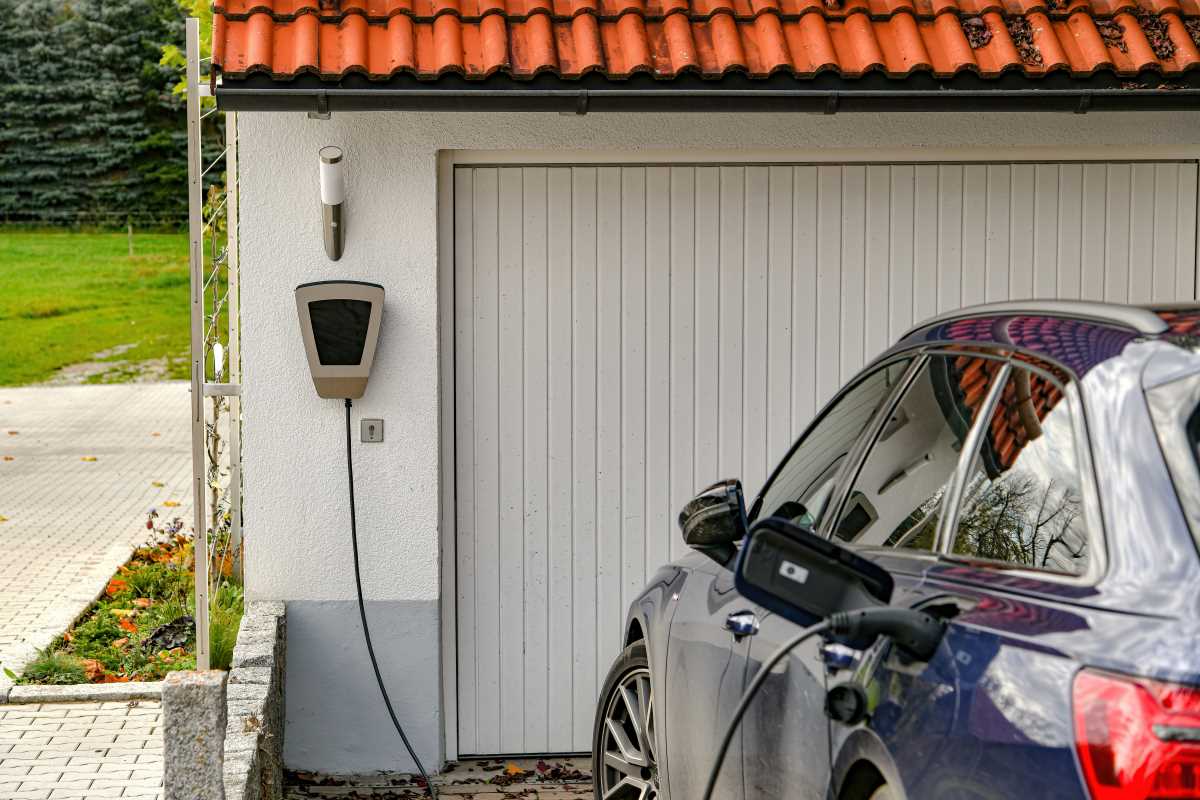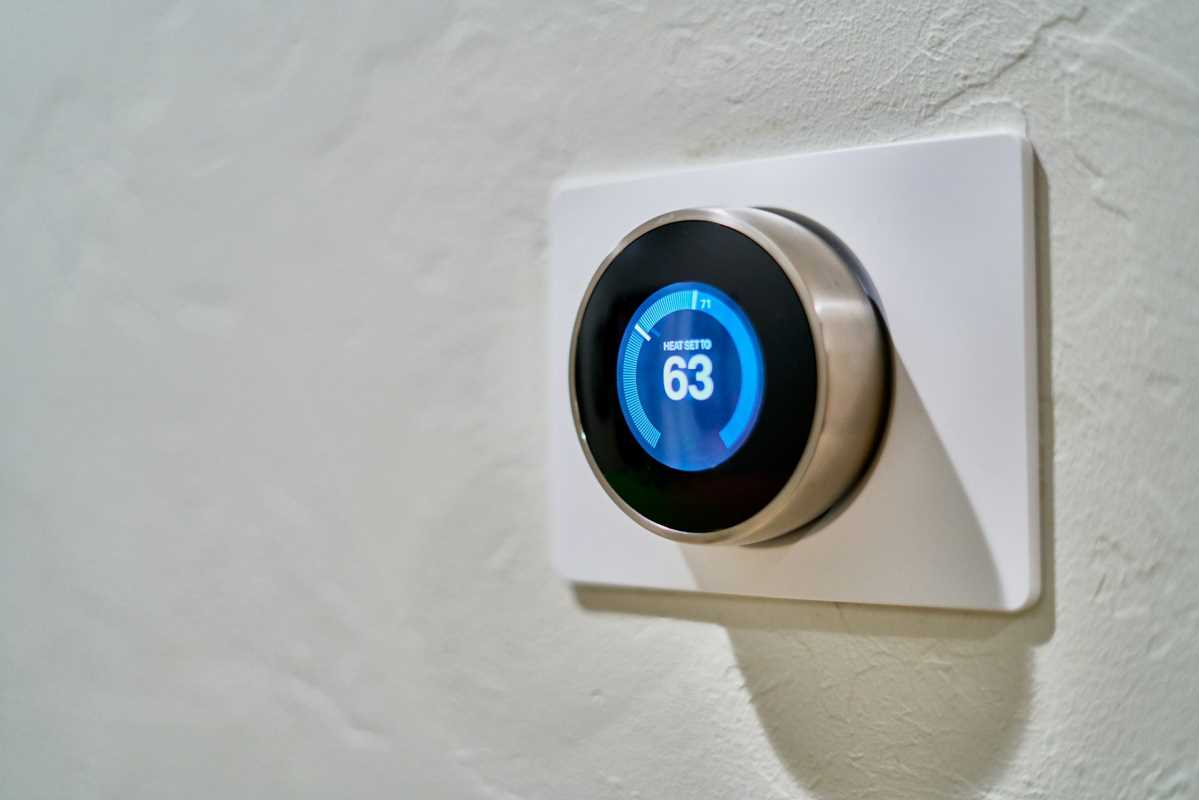Electric and hybrid cars are no longer a thing of the future; they’re a big part of today’s driveway lineup. From sporty Teslas to dependable Priuses, these vehicles are rewriting the rules of how we think about driving and energy consumption. Alongside their rise, another innovation has joined the movement toward greener living—smart home charging technology.
Charging your car at home is changing the way people power their lives. But between fully electric and hybrid vehicles, the way charging fits into your eco-friendly setup can look very different. Which one makes the most sense for your needs? What’s the deal with the tech you’ll need to make it all work? Whether you’re an electric car enthusiast or you’re toying with the idea of a hybrid, understanding how to make the most of home charging is key to maximizing convenience and sustainability.
Electric Cars and Home Charging
Electric vehicles (EVs) are the ultimate champions of green driving. With zero tailpipe emissions, they make a huge dent in your carbon footprint. But powering one relies entirely on electricity, which brings us to the backbone of EV ownership: home charging.
Most electric car owners rely on Level 2 chargers to juice up their battery from the comfort of their garage. These chargers provide faster charging times compared to the basic Level 1 chargers you’d plug into a standard outlet. A Level 2 setup requires a 240-volt outlet, but the upgrade pays off by typically cutting charging time by half or more.
One of the coolest trends in EV charging is the rise of smart chargers. These devices are like the overachievers of the charging world. Not only do they power up your car, but they also come with features like scheduling, energy consumption tracking, and app compatibility. That means you can charge your vehicle during off-peak hours when electricity is cheaper and monitor how much energy you’re using.
For those with solar panels, the eco-friendly benefits get even better. Many smart chargers are compatible with solar energy systems, allowing homeowners to charge their cars with clean, renewable power. The result? Lower electricity bills, reduced reliance on fossil fuels, and one seriously sustainable ride.
Hybrid Cars Bring Flexibility
Hybrid cars occupy an interesting middle ground in the eco-friendly vehicle game. Combining a gas engine with an electric motor, hybrids offer the flexibility of using traditional fuel for longer trips alongside electric power for shorter commutes. They’re great for people who might not be ready to go fully electric or live in areas where charging infrastructure is still catching up.
Most hybrids don’t require the same full-scale charging setup as an EV because their smaller batteries charge quickly. Plug-in hybrids (PHEVs), the hybrid heavyweight, benefit from at-home chargers, particularly Level 2 options. These chargers ensure that the electric motor can reach its max efficiency before switching to gas.
Though hybrid owners might not spend as much time charging as EV drivers do, smart charging systems still offer unique perks. They can help you track how often you’re charging, optimize your electricity use, and even prepare your battery for a commute by preconditioning it to the perfect temperature.
Smart Charging Basics
Smart home charging is about more than just plugging in and juicing up. The smart tech options available today make managing your car’s energy needs easier and more efficient.
For starters, many smart chargers work with apps that allow you to control the entire process from your phone. Forgot to plug in your car last night? Just set your charger to start remotely. Want to monitor how much your car’s charging is adding to your monthly power bill? The app can estimate those costs in real time. Some systems even integrate with voice assistants like Alexa or Google Home, so you can check your car’s status with a simple command.
Load balancing is another high-concept but practical feature in smarter charging systems. Say goodbye to the fear of overloading your home’s power system while charging your car. Smart charging stations distribute energy more efficiently to ensure everything in your home runs smoothly while your car powers up.
Costs and Savings
One of the biggest questions people have about both electric and hybrid cars is how much it really costs to charge them. The answer depends on your vehicle type, your electricity rates, and your driving habits.
For EV owners, a full charge at home is usually much cheaper than filling up a gas tank. According to most estimates, charging an EV costs about 50-70% less than the equivalent gas mileage. Plus, smart chargers help stretch those dollars further by allowing you to schedule charging at off-peak hours when electricity rates are lower.
Hybrids, on the other hand, may not rely on electricity alone, but at-home charging can still save you money by reducing your reliance on gas. Short, electric-powered trips are much more affordable, and the gas engine fills the gap when you need to take longer drives.
It’s also worth considering potential tax incentives or rebates. Many state and federal programs offer financial perks for installing home chargers or choosing eco-friendly vehicles, making the initial cost of upgrading more manageable.
Which Is Best for You?
Choosing between an electric or hybrid vehicle isn’t just about what’s trendy; it’s about finding what works for your lifestyle. If you have consistent access to charging and shorter daily commutes, an EV might be your perfect match. But if you need the range of a gas engine for frequent road trips or live in a spot with fewer chargers, a hybrid provides the best of both worlds.
No matter which you choose, investing in a smart home charging system will make your experience smoother, more efficient, and even more eco-friendly. With the advancements in charging technology, creating a greener future has never been easier—or cooler.







